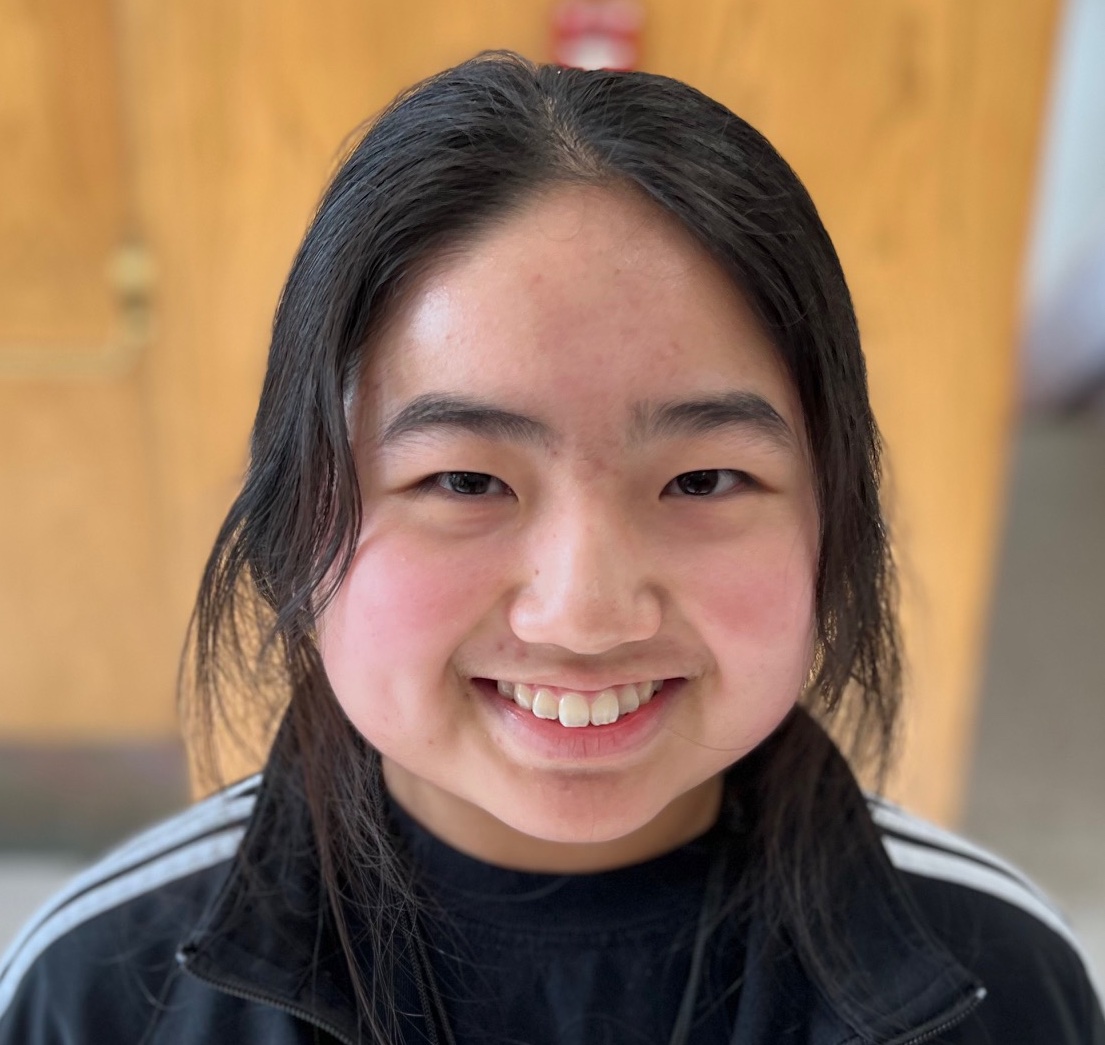
I placed the bowl of boiled pork on the long, white table filled with old men laughing and drinking beer. An elder tapped my shoulder, “Such a good daughter. Helping the women place food on the table.” He smiled. I gave an uneasy smile back and quickly left the table. I hid behind the door and looked back at the men, who were all comfortably sitting and talking with each other. I glanced behind me to the kitchen and observed the women hurriedly running around, placing food from the large pots into small bowls. Of course, I knew it was the role of Hmong women to cook and clean, yet I didn’t understand where I stood as a 10-year-old girl. I just wanted to play outside with my cousins. Hidden in the comfort of the dark, I rested my head against the wall. I should’ve returned to help put out more food, but I didn’t want to.
After the Vietnam War, the Hmong had scattered across the globe. The long journey and constant torture as they sought refuge diminished their hope for a better life. Even in a new country, they felt no sense of belonging, so the Hmong community lived in the same neighborhood, sticking close to one another. Their support system was each other, and interactions with people of different cultures were rare. Closing themselves off enriched their culture, yet sealed them off from diversity and change. The traditions remained the same: men held most of the power while women were inferior, causing misogyny to be ignored while keeping the traditions alive.
I am one of the youths who is pushing back. While my family wants me to focus on changing the future of the Hmong, I want to change the world. I want to ensure that girls and boys grow up knowing they can seek out their passions without pressure for not choosing the “right” path.
I took the initiative of explaining my ideas to the people in the program Girls Taking Action. Together in the group of young Hmong girls, we agreed on incorporating lessons on essential matters affecting the world. We held our classes in the community to bring together a lifetime of opportunities for the kids. But I didn’t want to stop there; I wanted to make an impact on other aspects of my life. I went up to the school staff and told them of the bullying constantly being dismissed. My passions landed me a position in the newly formed school resource committee, giving students social and educational help.
My ambition to create change brought me out of my bubble.
I know who I am and what I’m capable of. I know that taking a stand does not align with the expectation of a young Hmong woman.
The pressure of women to be this picture-perfect wife altered the standard of what was considered “enough.” I want to change the norms by advocating for my beliefs and following Hmong traditions. Overcoming my fear of judgment allowed me to discover the best version of myself.
